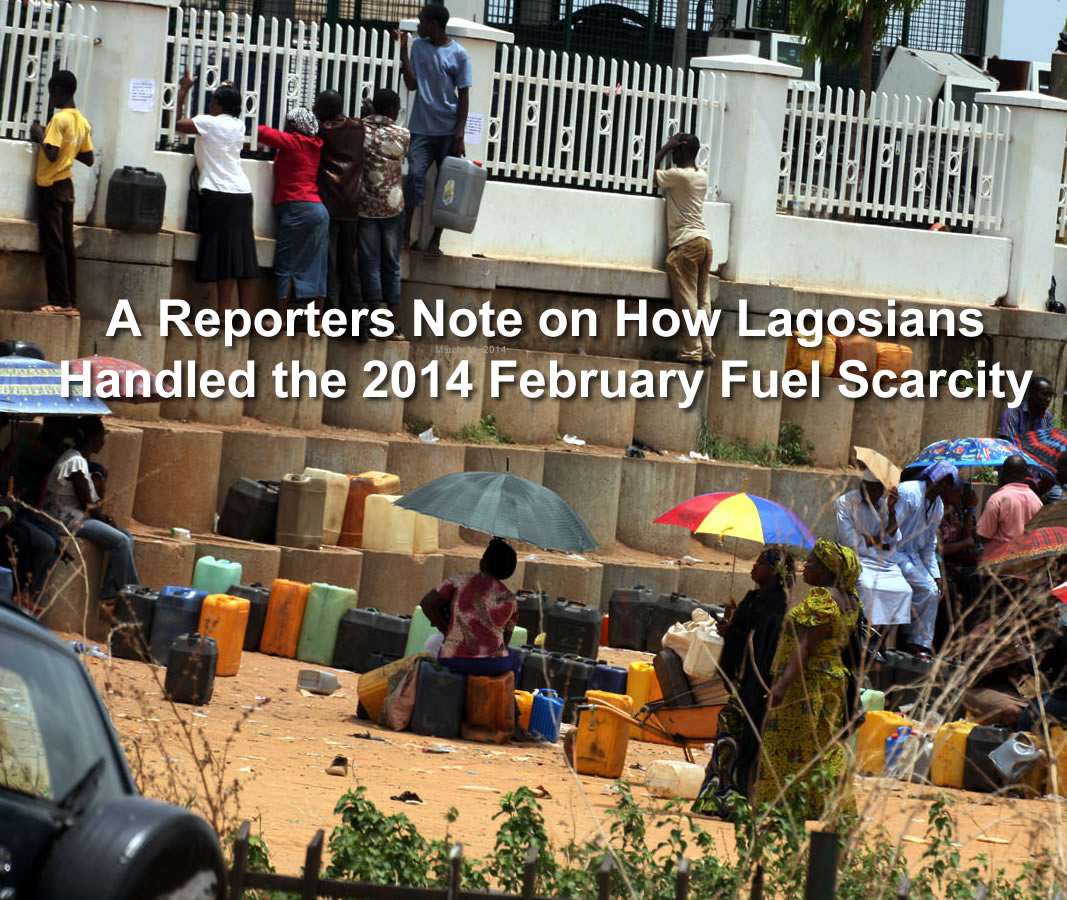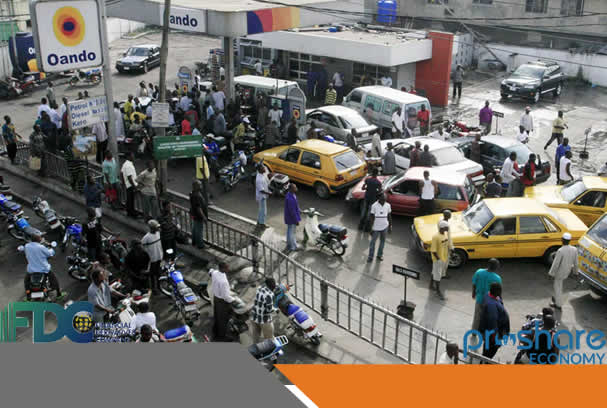The scarcity of Premium Motor Spirit (PMS) that the country has been accustomed to in recent times is yet to abate. Long queues can still observed in major petrol stations across Nigeria, with Lagos and Abuja most affected. Motorists complain that long hours in petrol stations are a significant loss of useful man hours. According to a news report by the punch newspaper, oil marketers have accused the Nigerian National Petroleum Company Limited of politicising the supply process and making vain promises as petrol scarcity across the country lingers. The oil marketers under the aegis of the Independent Petroleum Marketers Association of Nigeria claim it is difficult to get fuel, despite the assurances from the Managing Director of the NNPCL Retail, Hubb Stocksman, in December that they would receive direct product supply at the government-regulated price of N148/litre from this month.
Consumers have continued to question the rationale behind the deafening silence of the sole importer, the Nigeria National Petroleum Company Ltd. (NNPC), and the regulator, Nigerian Midstream and Downstream Petroleum Regulatory Authority (NMDPRA), with the commodity selling as high as N270 at the pump in many retail stations owned by independent marketers. Motorists who cannot stand the long hours spent in the queues have to resort to the black market, where the product sells for as high as N700 to N800/litre. The high cost of the product is translating to increasing cost of transportation, services, and dwindling household incomes. Commuters have witnessed at least a 200% hike in the cost of transportation, and this continues to deplete the income of low-wage earners.
The cost of doing business has also increased significantly. Given the poor state of power in the country, many businesses are forced to run on alternative power and the scarcity of petrol causes a huge challenge for them. Similarly, the traffic created as a result of the fuel queues continues to impact productivity, as many people now spend more hours on the road. The Federal Government spent about N4trn on fuel subsidies last year, and have set aside N3.36trn (January to June) in the 2023 budget.
The need for Nigeria to increase its local refining capacity in order to improve refined petroleum products supply cannot be over-emphasised. With a refining capacity of 650,000 barrels of crude oil per day, and ability to produce up to 50 million litres of petrol and 15 million litres of diesel per day, Nigeria’s hope of attaining self-sufficiency in the local domestic oil refining space might just rest largely on the operations of the Dangote refinery. The refinery, which has one of the largest production capacities in the world, operating at full capacity would more than meet Nigeria’s domestic fuel requirements with excess capacity for exports. While we note that achieving self sufficiency in local refining capacity might not reduce the cost of petrol significantly, sufficient local refining capacity would at least boost the availability of the product and bring a lasting end to the persistent issue of fuel scarcity in the country.
 Lagos, NG • GMT +1
Lagos, NG • GMT +1











 231 views
231 views











 Sponsored Ad
Sponsored Ad
 Advertise with Us
Advertise with Us







